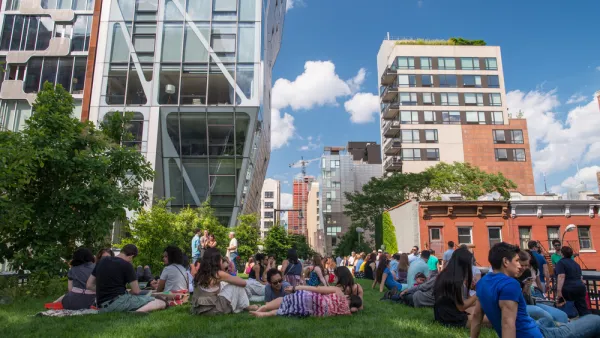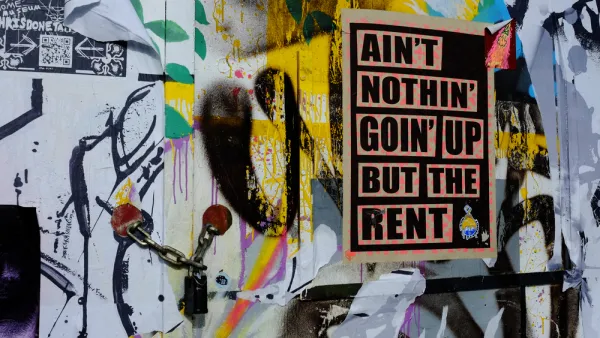A new study that explores the geography of twitter networks finds that rather than making place obsolete, their intensity can be predicted by location and proximity, suggesting they enhance location based relationships.
The research, carried out by University of Toronto and Dalhousie University academics, focused on roughly 2,000 dyadic tweeters, which they located in 386 distinct locations, or "regional clusters."
Their results indicated that four in every ten pairs are located in the same regional cluster, and that those that were separated by distance were linked by a high frequency of airline connections between their respective locations. "Ties of less than 1,000 kilometers are more common than expected (if such ties were random) and ties of greater than 5,000 kilometers are much less so."
The research indicates that twitter networks tends to reinforce and strengthen real world networks, rather than replace them. Richard Florida suggests that "instead of freeing us from place, the Internet appears to enhance and even expand its role."
FULL STORY: How Twitter Proves That Place Matters

National Parks Layoffs Will Cause Communities to Lose Billions
Thousands of essential park workers were laid off this week, just before the busy spring break season.

Retro-silient?: America’s First “Eco-burb,” The Woodlands Turns 50
A master-planned community north of Houston offers lessons on green infrastructure and resilient design, but falls short of its founder’s lofty affordability and walkability goals.

Delivering for America Plan Will Downgrade Mail Service in at Least 49.5 Percent of Zip Codes
Republican and Democrat lawmakers criticize the plan for its disproportionate negative impact on rural communities.

Test News Post 1
This is a summary

Test News Headline 46
Test for the image on the front page.

Balancing Bombs and Butterflies: How the National Guard Protects a Rare Species
The National Guard at Fort Indiantown Gap uses GIS technology and land management strategies to balance military training with conservation efforts, ensuring the survival of the rare eastern regal fritillary butterfly.
Urban Design for Planners 1: Software Tools
This six-course series explores essential urban design concepts using open source software and equips planners with the tools they need to participate fully in the urban design process.
Planning for Universal Design
Learn the tools for implementing Universal Design in planning regulations.
EMC Planning Group, Inc.
Planetizen
Planetizen
Mpact (formerly Rail~Volution)
Great Falls Development Authority, Inc.
HUDs Office of Policy Development and Research
NYU Wagner Graduate School of Public Service




























